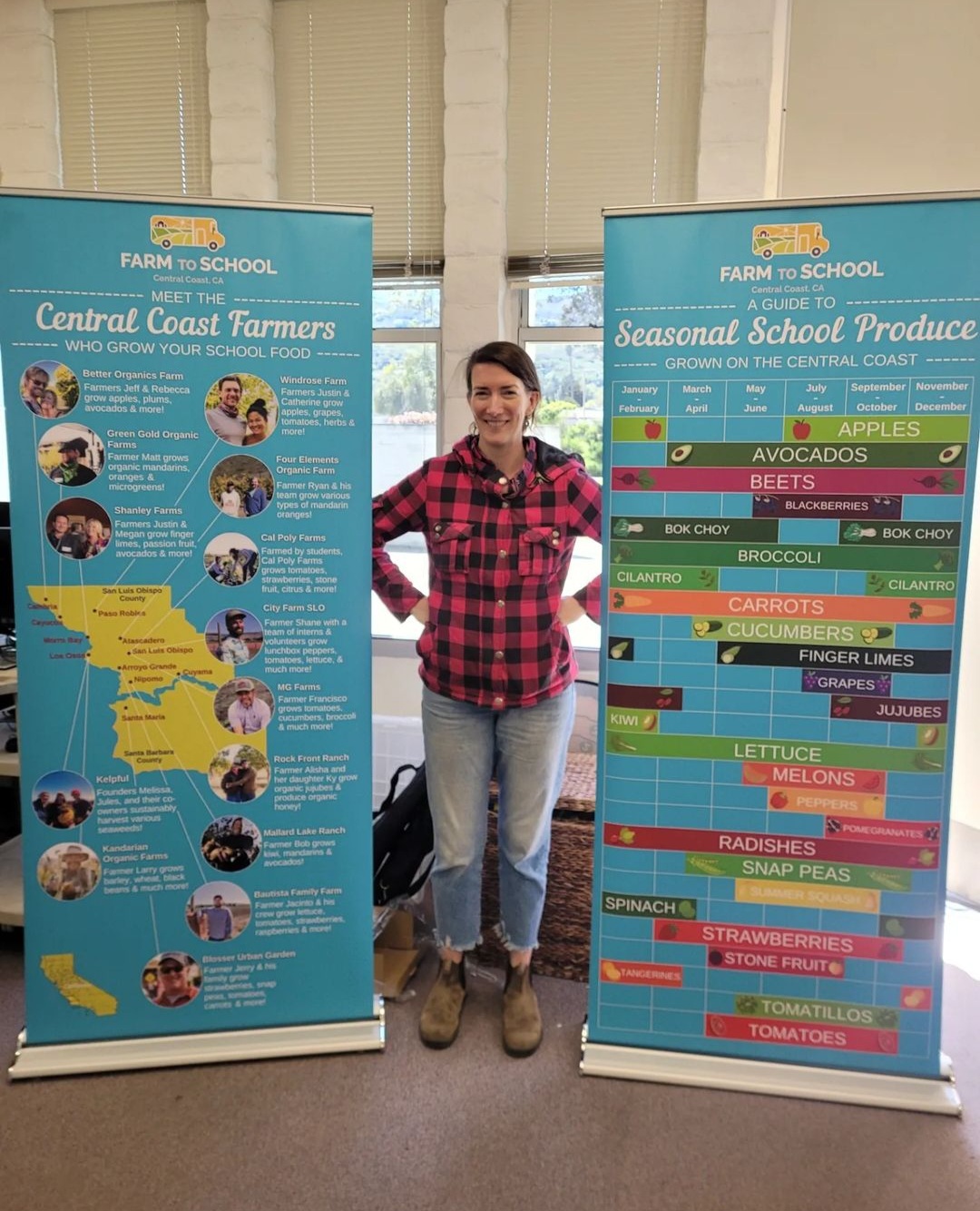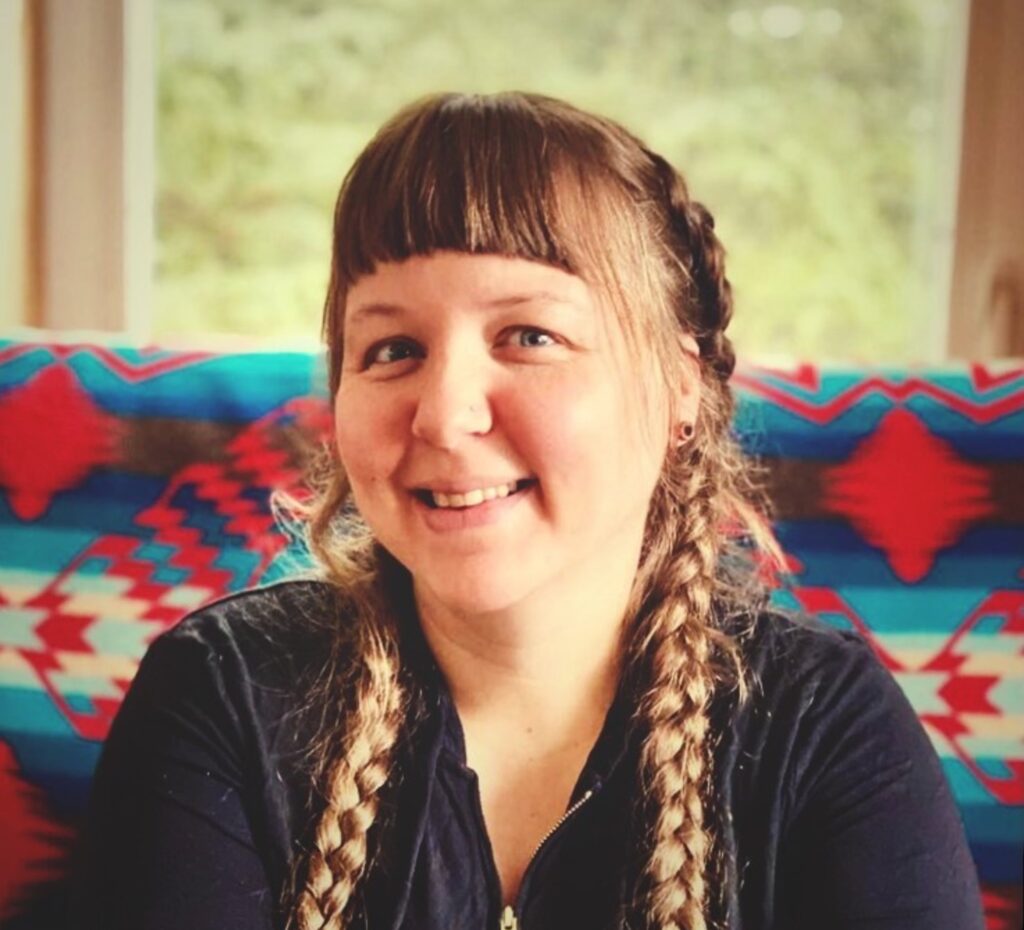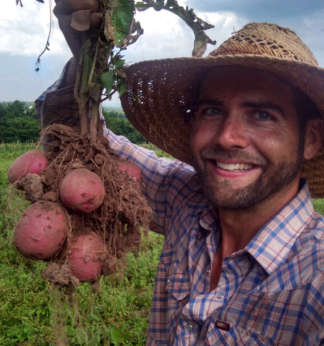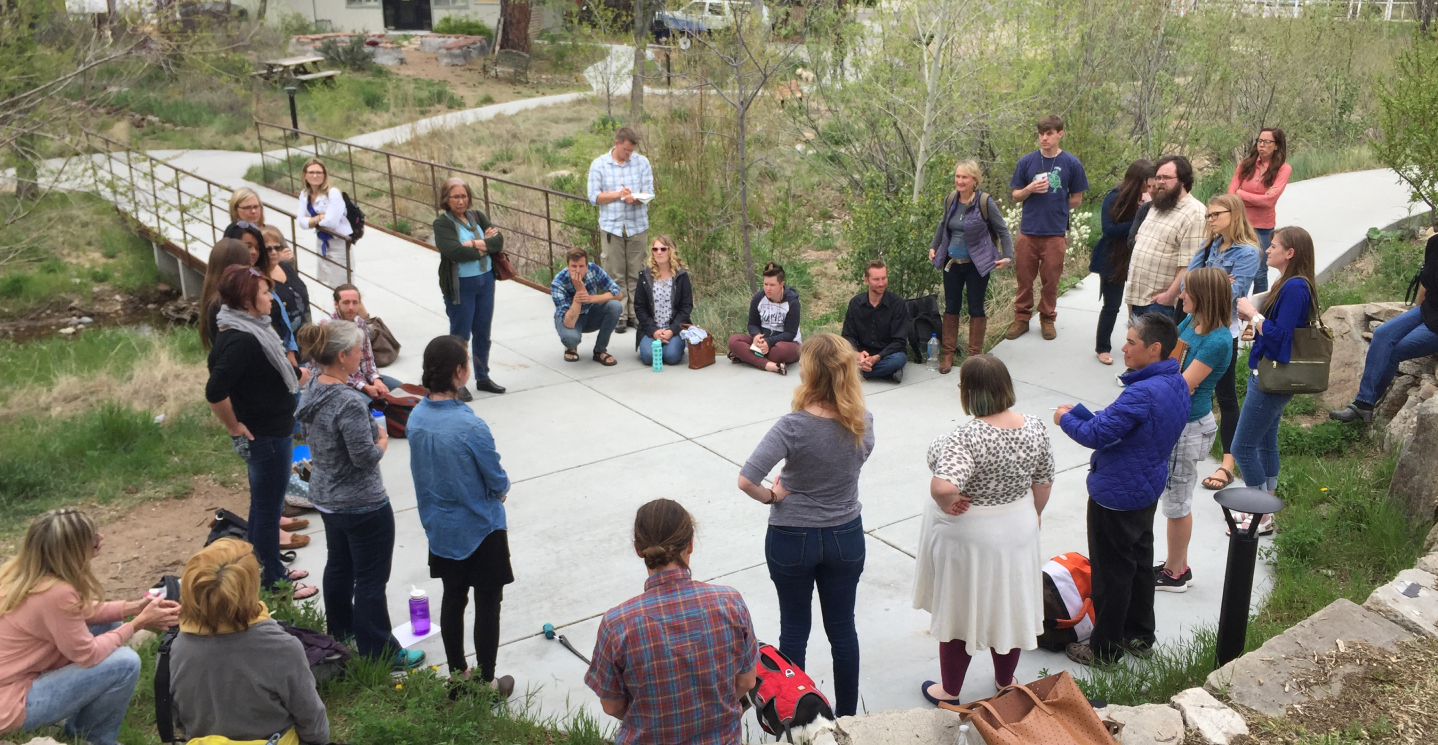
Transformative Food Systems MA
Why this program?
You are passionate about food and the transformative power of conscious food systems. You understand that addressing complex problems requires complexity-thinking. You believe that all people, at all times, have the right to nutritious and culturally appropriate food. You know that regenerative agroecological systems are critical as climate solutions. You trust that cultivating food systems relationships can leverage change across multiple systems and sectors. You desire a vibrant and experiential online learning environment that supports your commitment to place, while prioritizing your professional goals.
What can you do with this degree?
The online MA in Transformative Food Systems is the first degree of its kind, a leading edge response to the planet’s urgent challenges. In a unique partnership with the Conscious Food Systems Alliance (CoFSA), an initiative of the United Nations Development Programme (UNDP), our curriculum provides a conscious food systems perspective. As well, we honor place-based and diverse ways of knowing, network building and complexity-thinking as tools to empower food systems leaders to guide the emergence of transformative change in the movements to establish food justice, create inclusive regional economies, address climate change, advance regenerative & agroecological approaches to the environment, support policy reform, and promote sustainable health and wellbeing.
Interdisciplinary concentrations are offered within the program course of study. Options include Innovative Entrepreneurship, Food Justice, Resilience Planning and Climate Solutions, Media & Communications, Organizational Leadership for Social Impact, Agroecology and Biodiversity, Education for Social Justice, and more.
With your interest in food systems, the concentrations in Agroecology & Biodiversity and Food Justice may be of particular interest, Prescott offers opportunities to pursue a certificate in Entrepreneurial Leadership and Organizational Management.
Career opportunities include:
- Regenerative Agriculture Consultant
- Climate and Food Systems Specialist
- Food & Sustainability-based Non Profit Leadership
- Transformational Change Consultant
- Sustainable Supply Chain Manager
- Conscious Food Systems Educator
- Eco-Gastronomy Expert
- Urban Agriculture Coordinator
- Public Health and Food Policy Advisor
- Resilience Planner
- Food Journalism/Communications
- Circular Economy Specialist
What will this program look like?
The Master of Arts in Transformative Food Systems is a leading-edge response to the planet’s urgent challenges, acknowledging a need for change that engages multiple systems and modalities. In a vibrant experiential online learning environment, supporting peer learning and sense of place as an asset, students acquire a comprehensive understanding of food from a systems perspective.
The program combines a vibrant online learning environment with the skills, support, knowledge, and networks to help students become leaders in the movements to establish food justice, strong regional food economies, sustainable diets and health, food policy, biodiversity and climate resilience, restorative agroecological approaches to food production, and many other associated career pathways. The program centers equity, sustainability, and knowledge diversity with a common core of courses designed to be completed in one to two years, depending on the student’s chosen pace. All students complete a final Capstone project which can be a practicum, professionalization portfolio, a creative project, an applied research project, or a thesis document.
Available Concentrations
Agroecology & Biodiversity
Conservation Biology
Education for Social Justice
Innovative Entreprenership
Environmental Education
Food Justice
Media & Communications
Organizational Leadership for Social Impact
Outdoor Education
Resilience Planning and Climate Solutions
Certificate
Key Program Information
Delivery Method
Online
Number of Credits
36
Completed Fall 2025 Application Deadline:
Monday, August 1, 2025
Orientation:
Saturday, August 16, 2025

FACULTY SPOTLIGHT
Meet Our Faculty
Lisa Trocchia, PhD. Program Director, M.A. Transformative Food Systems
Admissions & Apply
- We value relationships and commitments to place in the work of transforming food systems. The MTFS program is designed for individuals who are seeking a vibrant online learning environment that will prepare them to become effective leaders.
- The MTFS program emphasizes conscious food systems as interconnected to social, economic, and environmental systems, fostering an awareness that as part of a complex adaptive system, strategic food systems change has the potential to shift multiple systems toward transformative social change.
- Asynchronous learning can be robust and experiential! Learning and sharing with peers from across the country and around the world expands insights, creates life-long professional networks, and enhances an understanding of the local-to-global relationships involved in food systems transformation.
Food Systems
Food Justice Seminar
Critical Perspectives: Food, Place, and Identity
Building Diverse Networks for Change
Agroecology: Theory and Analysis
Social Values and Value Chains
Food and Agriculture: Advanced Policy
Strategic Media and Communications
Capstone
Recognize food systems as a complex system with historical and bioregional perspectives.
Identify agroecological approaches to food production and ecosystem services.
Characterize and analyze elements that constitute a transformative food system
Recognize challenges and identify opportunities for supporting food systems transformation and policy change.
Develop just and inclusive strategies for food systems transformation.
- The MA Transformative Food System Program is accredited by the Higher Learning Commission of the North Central Association. The Higher Learning Commission has approved Prescott College to offer all of its degree titles via distance education.

ALUMNI SPOTLIGHT
Robbi Mixon
Executive Director, Alaska Food Policy Council
Robbi Mixon has spent the last decade working with producers in Homer, running the local farmers market, and launching the Alaska Food Hub. She joined the Alaska Food Policy Governing Board three years ago, hoping to represent the interests of farmers and fishers on the Kenai Peninsula. Hear more in Season 3, Episode 5 of The Capstone podcast.

ALUMNI SPOTLIGHT
Alex Sawatsky
Assistant Director of Sustainable Agriculture and Urban Farms at Rutgers University
Alex Sawatsky created a course on small-scale organic farming for Rutgers with an emphasis on student-focused, experiential learning. His course is founded on the dynamic interaction of the elements of sustainability—economic, political, and social. Hear more in Season 2, Episode 1 of The Capstone podcast.
Careers & Opportunities

Careers and Opportunities
On scales from local to global, issues such as food insecurity, environmental degradation, climate change, and social injustice have prompted the world to call for transformative change. Prescott College’s leading edge response to these challenges is the MA Transformative Food System degree. Complex issues require leaders that understand complexity thinking, can convene diverse stakeholders, build diverse networks, and strategically guide the power of relational, conscious food systems to leverage transformative change.
Join us in this work. The MA in Transformative Food Systems: A degree of change!
Read more about what people are saying:
Transforming Food Systems through Conscious, Mindful Practices
Food Systems 2030
Policy Brief: Governance of Food Systems Transformation
10 Ways Forward to Transform Food Systems for Climate and Nature

Career Planning
Our Career Services team works with you to map out a plan that works for your goals and your life. There are many ways to get where you’re going, and we’ve seen it all!

Are you interested in being part of our community?
One thing we all have in common is our passion – passion for helping others, passion for the environment, passion for social justice and a passion for a different kind of learning experience.